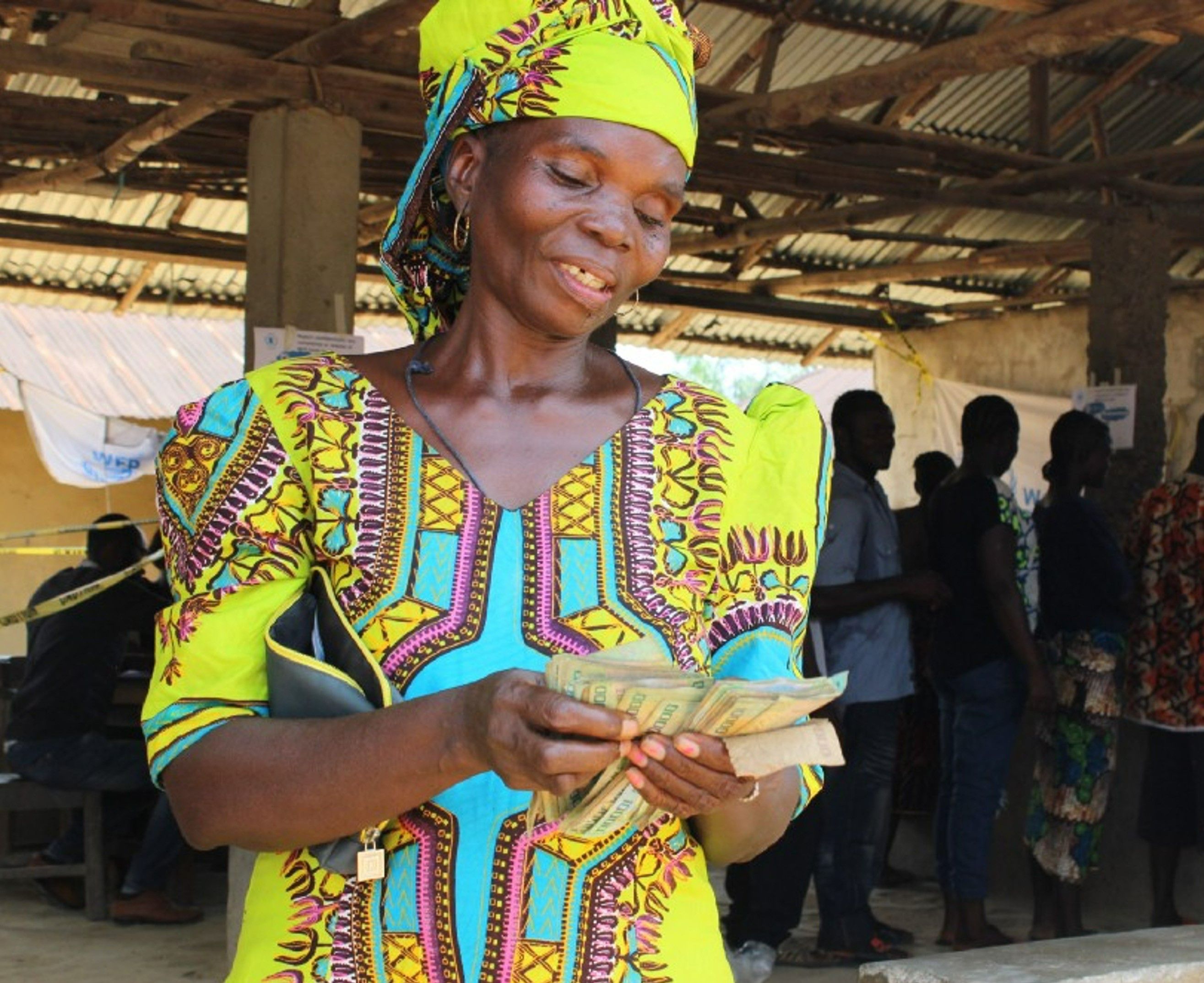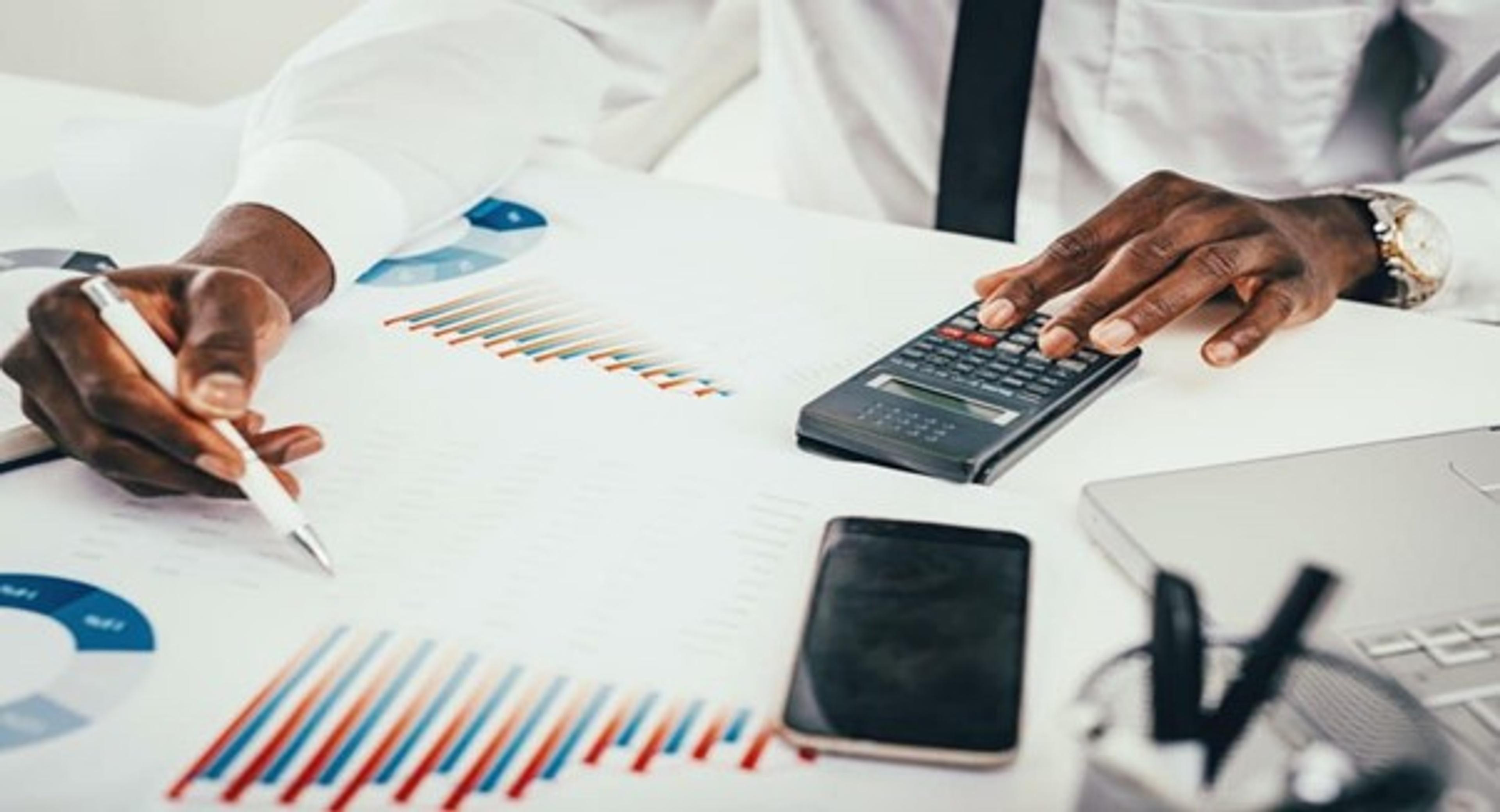Sierra Leone’s Cash Crisis: An Opportunity to Promote Digital Payments

Alfred Akibo-Betts
CEO - The Betts Firm
By Alfred Akibo-Betts.
Since November 2020, there has been a shortage of Leones as citizens are challenged in withdrawing the amount of cash they need from commercial banks. This cash shortage affected Sierra Leoneans as, traditionally, Christmas is when we splurge the cash to prepare for weddings, parties and family celebrations. At the peak of the crisis in late December 2020, most bank customers could not withdraw any money or were given limited amounts over a few days.
However, things are much better since the turn of the year, since people spend less money in the “adop” January period. We have had reassurances from the Central Bank that by February 2021, there will be adequate cash in the market as the printing of notes, which was affected by the COVID-19 pandemic, has started. As we are all hopeful that we can freely get cash to care for our families, run our affairs and transact business, we must ask ourselves one fundamental question – WHY SHOULD WE RELY ON CASH IN THIS MODERNISED WORLD?
With the advancement of technology in digital payments, we have an opportunity to explore other means of transacting instead of using cash. India even went further by removing 86% of its cash in circulation in 2016, although mainly to tackle tax evasion. The move was only possible as India had made tremendous progress towards digital payments with Fintechs innovating continuously. By 2020, the value of digital payment transactions through mobile banking was over US$ 404 Billion.
Over the past decade, there has been tremendous progress in various technologies facilitating digital payments, increasing financial inclusion globally to record levels. In Africa, particularly East Africa, transactions are mainly facilitated through mobile money payments. In Kenya, at the start of 2020, the value of mobile money transactions through Safaricom’s M-Pesa stood at more than US$ 22 Billion. All across Africa, there is the increased use of other means of digital payments, including debit and credit cards and mobile apps to pay for goods and services.
Traditionally, in Sierra Leone, we have used cash and cheques to conduct our affairs, resulting in enormous pressure on cash reserves in banks and delays in undertaking business. We are so use to these old ways of transacting that we don't use them even when we have other means such as mobile money transfers. However, although it is only natural that we use what we are au fait with, even when given different options, we must recognise that a drive for change must be championed by the key financial regulator in Sierra Leone – the Bank of Sierra Leone.
Therefore, considering that we do not want to have this problem in the future and also factoring in the risks of handling cash during the COVID-19 pandemic that the country is battling, we must explore new means of transacting digitally.
In recent years, through various projects supported by organisations such as the United Nations Capital Development Fund (UNCDF), the Bank of Sierra Leone (BSL) has made some progress in increasing financial inclusion through digital payments. One notable step is creating a Sandbox at BSL used as a testing environment, enabling Fintechs to experiment and iterate their solutions. However, more needs to be done to push the digital payments agenda in Sierra Leone. Making these advancements will solve our cash crisis and positively impact the economy as transactions will be done faster. Small businesses will be able to sell more as their customers can pay immediately for goods advertised through a website, creating more jobs through money agents.
5 Steps the Central Bank can take to promote digital payments:
- National Payments Switch: In the past decade, Sierra Leone has tried to build a National Payments Switch that enables the payment of goods and services using debit and credit cards. This project should be fast-tracked to facilitate digital payments.
- Deregulate: There are no regulations regarding digital payments as the Banking Act 2019 deals with banks' licensing, regulation, and supervision. If we are to progress in digital payments through Fintechs, we should follow countries like Rwanda that allowed Fintechs to grow instead of limiting their growth through stringent laws.
- Fintech Sandbox and Support Techpreneurs: BSL should continue supporting Fintechs. However, more resources should be devoted to encouraging more Techpreneurs to build innovative solutions to increase the use of digital payments.
- Encouraging Commercial Banks to promote digital banking: Some commercial banks, such as Ecobank and UBA, have digital banking solutions that facilitate digital payments and make it easier for their customers to transact business. BSL should encourage all banks to introduce digital banking solutions by working with the Sierra Leone Association of Commercial Banks.
- Work with NATCOM to issue USSDs to Fintechs: Although smartphones are now common, to deliver digital payment solutions to rural areas and citizens who cannot afford smartphones, Fintechs may have to build mobile payment solutions using Unstructured Supplementary Service Data (USSD). To make this possible, BSL will have to work with the National Telecommunications Commission (NATCOM) and mobile operators to use USSDs.
3 Things Citizens can do to increase the use of digital payments:
- Sign up for mobile money payments: For over a decade, citizens have been able to use mobile money solutions through Afrimoney and Orange Money. Although mobile money usage has increased, only 16% of the 7 Million plus mobile subscribers are active mobile money users. Some banks have also integrated with mobile money, making it easier for customers to transfer money from bank accounts to mobile wallets. What are you waiting for? Go and sign up for mobile money and stop queuing at the bank.
- Use of digital money solutions by businesses: Businesses and organisations should use digital banking and mobile money solutions to receive money from customers. In promoting this, customers can be given all the payment options. This move can also be good for businesses as it will increase sales.
- Pay for goods and services through mobile money and digital banking: Citizens should make it a habit to pay for goods and services through digital means. If you have to pay for something, ask the vendor whether they can receive mobile money or a transfer through your mobile banking app.
As we prepare for a post-COVID-19 world, which has seen a significant increase in digital solutions, especially digital payments, Sierra Leone should take critical steps to ensure citizens transact more digitally. The increase in the use of digital solutions through mobile money, mobile apps, debit and credit cards, and digital banking solutions will solve Sierra Leone’s cash crisis and progress its economic development as transactions will be done faster, positively impacting our GDP. Digital payments will also improve accountability in money transactions, empowering small businesses to expand their reach and reducing inequalities.
You may also like...




